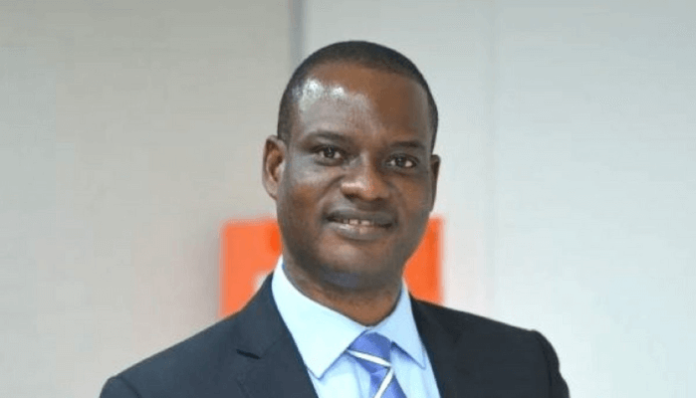Taiwo Oyedele, Chairman of the Presidential Tax Reforms and Fiscal Policy Committee, emphasizes the need for urgent changes to Nigeria’s tax system, describing it as one of the most business-unfriendly frameworks globally.
Oyedele points out that the country’s tax structure imposes significant burdens on businesses and hinders economic progress. He describes the system as outdated and counterproductive, stating, “Nigeria’s tax system is not working for us as a country today and is unlikely to drive the developmental goals we aspire to achieve.”
Oyedele highlights the excessive taxation businesses face, including corporate tax, education tax, and other levies, which cumulatively result in an effective tax burden exceeding 40%. He explains, “Nigerian businesses operate under some of the highest tax rates in the world. This discourages investments in a country that needs every opportunity for economic growth.”
He also draws attention to the proliferation of taxes, with over 60 officially recognized levies and more than 200 unofficial charges. These taxes, he notes, disproportionately affect small businesses and low-income earners. “We are essentially taxing poverty. Even those earning as little as ₦1,000 daily are not exempt from paying taxes,” he says.
To address these challenges, Oyedele calls for a transparent, simplified, and equitable tax framework that encourages compliance and attracts investments. He stresses the importance of creating a system that fosters the growth of small and medium-sized enterprises (SMEs) and aligns with Nigeria’s developmental needs.
In October 2024, President Bola Tinubu submits several Tax Reform Bills to the National Assembly. These bills include:
- The Nigeria Tax Bill 2024, which provides a fiscal framework for taxation.
- The Tax Administration Bill, which outlines a comprehensive legal structure for tax administration.
- The Nigeria Revenue Service Establishment Bill, which proposes replacing the Federal Inland Revenue Service Act.
- The Joint Revenue Board Establishment Bill, which introduces tax tribunals and ombudsman services.
However, the bills face resistance. The Northern Governors Forum, representing 19 states, opposes provisions such as the Value Added Tax-sharing formula and instructs lawmakers to reject the proposals. The National Economic Council advises the federal government to withdraw the bills for broader consultations, a suggestion the presidency declines.
Oyedele stresses that without immediate reforms, Nigeria’s tax system will continue to hinder business growth and limit the country’s economic potential. He calls for decisive action to create a business-friendly tax environment that positions Nigeria as a competitive destination for local and foreign investments.













